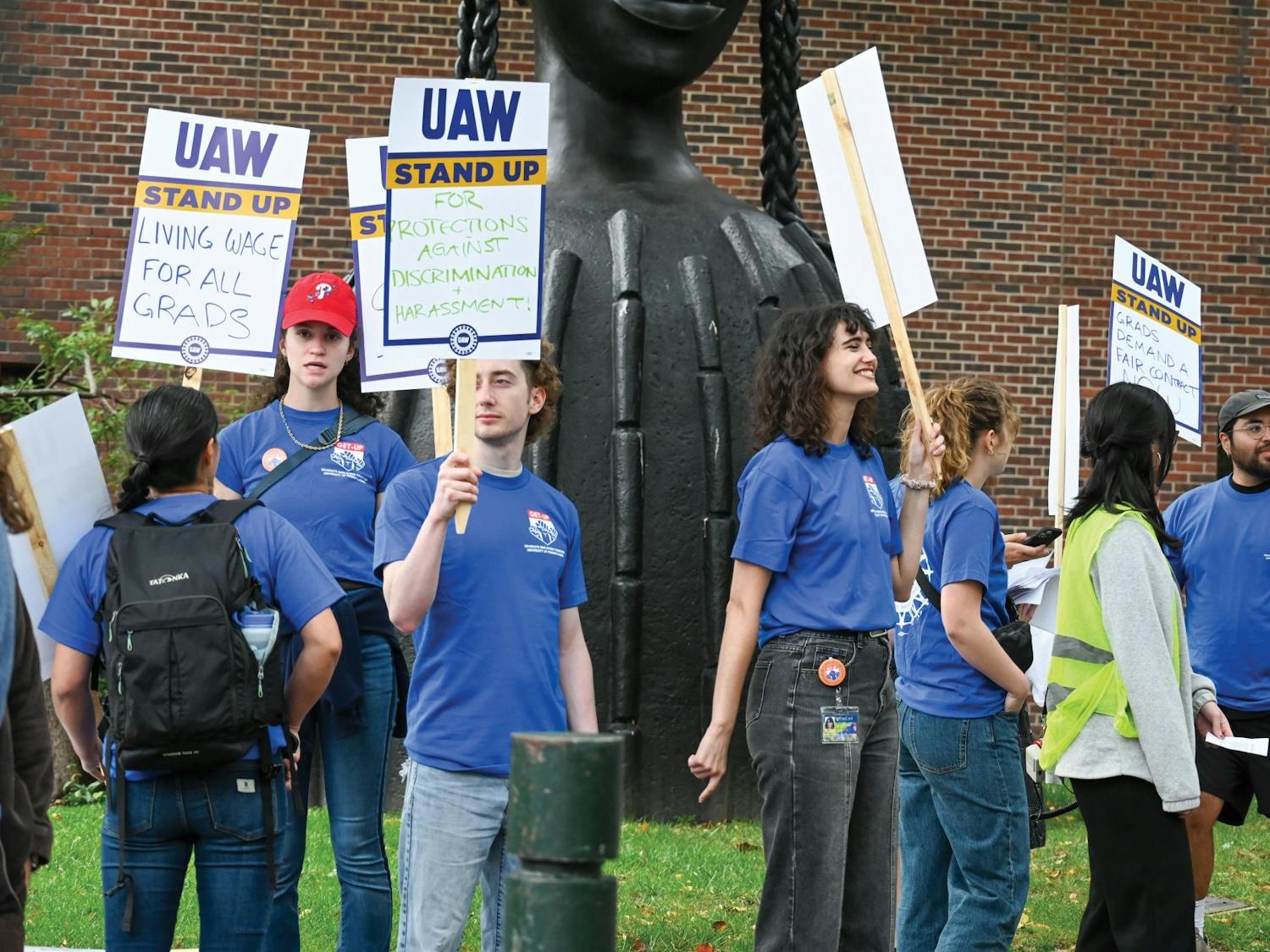Plus, we have the added protection of separation of church and state. Based on these protections, can we assume that, as a culture, religious bigotry doesn't exist? Or, even if it does, Penn students are too enlightened? Unfortunately, we cannot. In the last several years persons in the Penn community have painted swastikas in the Quad on Hitler's birthday, phoned bomb threats to Hillel during Holocaust Remembrance Week and made bomb threats to the Muslim community and their friends during the Persian Gulf War. While I would hope most of the Penn community, regardless of religious affiliation, is appalled at such extreme behavior, religious bigotry usually takes a subtler turn on this campus. I define religious bigotry as any hurtful or potentially harmful behavior which imposes itself on "the other," whether an individual or a group, which has its basis in the belief of the innate superiority of one's own religion and the innate inferiority of the religion of the other. And, such behaviors and prejudicial attitudes are always condoned as being divinely justified. Christian bigotry usually takes the form of harassment. During the first semester it is usually a total stranger (or new acquaintance) telling you "I really like you but I fear for your soul if you don't come to Jesus." Translated this means "My religion is the only one with merit and your spiritual experience, religious belief, God, or lack thereof is dead wrong." Of course other Christians, whose religious experience or beliefs are different are not exempt from this kind of harassment either. Unfortunately, an arrogant presumption of being right can and is used for justify bashing sexual minorities, verbally and physically, imposing restraints on women's freedoms, allowing double standards for men and women, continuing idolatry of the male, not to mention bombing family planning clinics, and painting swastikas on the doors of a Jewish classmate. As a pastor, I am supportive of a strong commitment to one's God or obedience to one's religious moral code. But, if in our zeal and religious "commitment" we shut out the possibility of broadening our own understanding of God or if we condense the complexities of the spiritual journey into a simplistic, one line ideology, then our so-called "commitment" is not only self-righteousness but borders on bigotry. Of course it is satisfying to be right. It is indeed very comforting to be able to say, "And God agrees with me because the Bible says so and that makes you wrong." College years are a time to blow open the safe confines which kept our worlds small during childhood. It's a time to question and possibly to challenge some of the values and beliefs of our community and family. If we will apply the same intellectual quest to our faith and religion as we do to the other areas of academic life, contrary to losing our religious convictions, we may instead lose the naivete of a childhood belief system that life is predictable, and that mystery can be solved like a Sherlock Holmes novel. The wisdom from spiritual insights can rarely be condensed to a bumper sticker or a one sentence sound bit. By opening our minds we may discover that we gain a deeper faith, a greater appreciation for complexity, and an understanding that mystery is far greater than we had imagined. This may cause us to humble ourselves when we speak of God, our religion, our faith, or lack thereof. This shift in attitude is the antidote for religious bigotry. It opens the door to interfaith dialogue and prevents religiously inflicted wounds. This humility is what starts us on a mature, spiritual pilgrimage lasting throughout our lives. And humility is the beginning of wisdom. Have a great year and may we all become wise.
The Daily Pennsylvanian is an independent, student-run newspaper. Please consider making a donation to support the coverage that shapes the University. Your generosity ensures a future of strong journalism at Penn.
Donate







